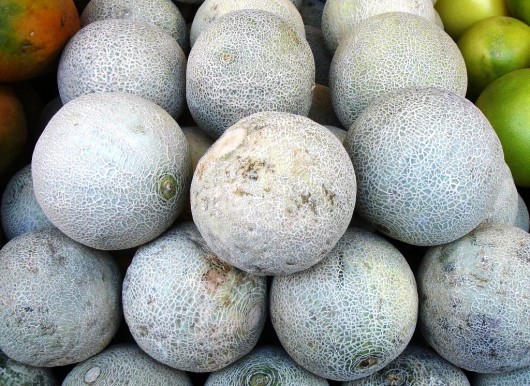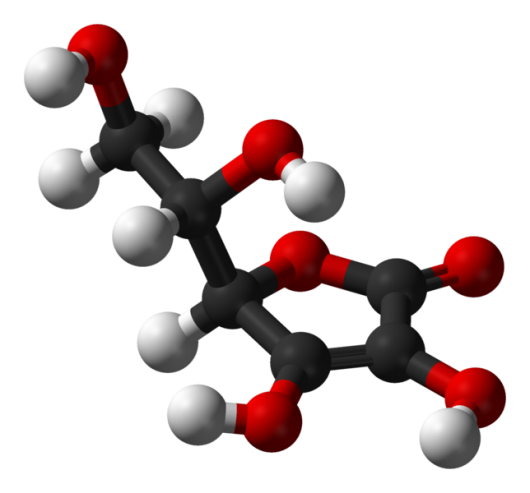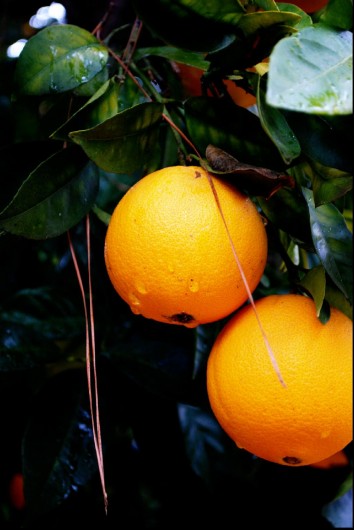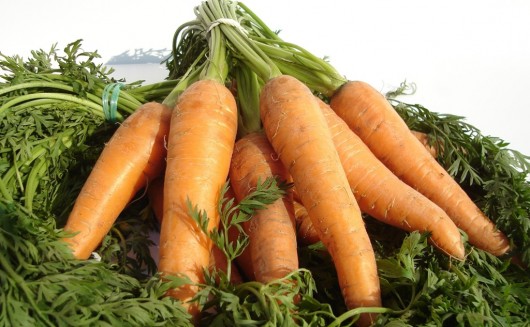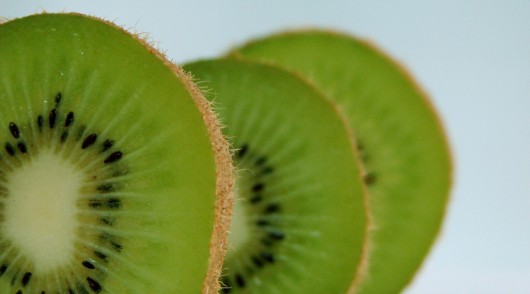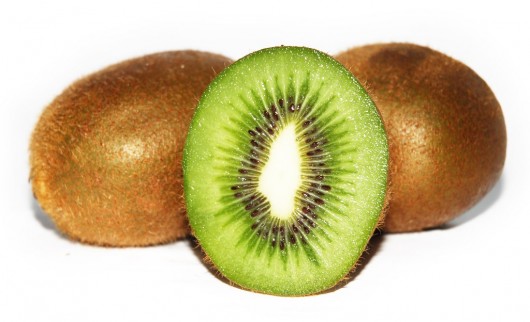Health Benefits of Melon Juice
Melon Juice is a delicious drink that is commonly made from cantaloupe, sometimes known as “muskmelon”, which is the most popular melon type in the country. One cup of cantaloupe supplies you with 108% of the daily recommended allowance of Vitamin A and 98% of the RDA of Vitamin C. Other vitamins and minerals contained in cantaloupe include potassium, folic acid, niacin, dietary fiber, vitamin K, magnesium and thiamin. All these ingredients are what makes cantaloupe so nutritious, and of course taking in cantaloupe in the form of melon juice is the best way to ingest high amounts of this wonder fruit. Did I mention that cantaloupe is low in calories? One cup of cantaloupe contains a mere 53 calories, a good thing to keep in mind when making your own melon juice. A glass of melon juice has more health benefits than you would ever imagine.
Healthy Circulatory System
Melon juice, with its high Vitamin C content, slows down the process of hardening of the arteries resulting in lowering your arteriosclerosis risk. The antioxidants fight high cholesterol levels. In addition, the potassium helps rid your body of too much sodium which can lower your blood pressure. Cantaloupes also contain a unique compound that has been found to lower the risk of blood clots.
Healthy Immune System and Cancer Prevention
The Vitamin C found in cantaloupe stimulates white blood cells which helps fight infection and builds up your immune system. Vitamin C can help fight anything from the common cold to more serious illnesses. The antioxidant properties protect cells and can prevent cancer, especially melanoma and intestinal cancer.
Healthy Eyes
In addition to Vitamin C, melon juice also has a high quantity of vitamin A, which is not only needed by the retina, but also helps the surface of the eye protect itself against bacteria and viruses and reduces your chances of developing eye infections and cataracts. There is also substantial evidence that this high vitamin A and vitamin C combination can help fight the risk of macular degeneration, especially when recommended amounts of Vitamin E, zinc and copper are consumed in addition.
Healthy Pregnancy and other Women’s Health Benefits
All the vitamins and minerals found in melon juice can definitely make for a more healthy pregnancy. The thiamine content raises your energy level and helps your body absorb the iron that is so vital during pregnancy. The niacin promotes good digestion, and the high content of folic acid supports the placenta and can help to prevent neural tube defects in your baby. As stated before, the potassium in cantaloupe helps to rid your body of too much sodium, which ultimately will reduce water retention, a common irritation that goes along with pregnancy. Not pregnant? Drinking melon juice during menstruation will reduce heavy flow and clotting. The potassium also helps relieve muscular aches and pains.
Healthy Sense of Well-Being
In this fast-paced busy world we live in, high levels of stress can be either an occasional problem or even an ongoing one. Drinking melon juice can help reduce stress. The high potassium helps bring down your blood pressure which helps to oxygenate your brain; and another special compound found in cantaloupe calms anxieties. Because of this a glass of melon juice before bedtime can also help you sleep better. If you are a smoker who is trying to quit, melon juice can help your body deal with nicotine withdrawal; and can also replace the high levels of vitamin A that are lost as a result of smoking.
The many health benefits of melon juice cannot be denied. With its high vitamin and mineral content, as well as its delicious taste and low calorie content, there’s no reason not to start enjoying this wonderful juice that can do so much for your body and mind.
